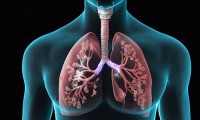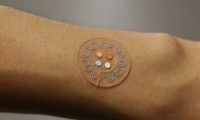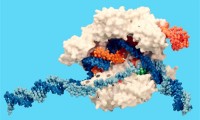-
Starting new COPD inhaler tied to heart attack risk
- Source: Reuters
- 726
- January 3, 2018
-
The Most Surprising Wearable Trend 2017
- Source: digitalsalutem
- 936
- January 3, 2018
-
Artificial Intelligence Pilot Project to look for Suicide Warning Signs across Canada
- Source: The Canadian Press
- 705
- January 3, 2018
-
New understanding of why cancer cells move
- Source: medicalxpress
- 781
- December 28, 2017
-
Neurons’ sugar coating is essential for long-term memories
- Source: medicalxpress
- 654
- December 28, 2017
-
Study explores impact of obesity on bone marrow cells
- Source: medicalxpress
- 838
- December 28, 2017
-
Baby born with bubble boy disease has no immune system and must live in total isolation
- Source: dailymail
- 929
- December 28, 2017
-
Using CRISPR to prevent hearing loss
- Source: fiercebiotech
- 813
- December 28, 2017
-
Marital status could affect heart patients’ risk of death
- Source: msn
- 749
- December 27, 2017
-
Short-term exposure to low levels of air pollution linked with premature death among US seniors
- Source: medicalxpress
- 714
- December 27, 2017
your submission has already been received.
OK
Subscribe
Please enter a valid Email address!
Submit
The most relevant industry news & insight will be sent to you every two weeks.













